TMJ Treatment
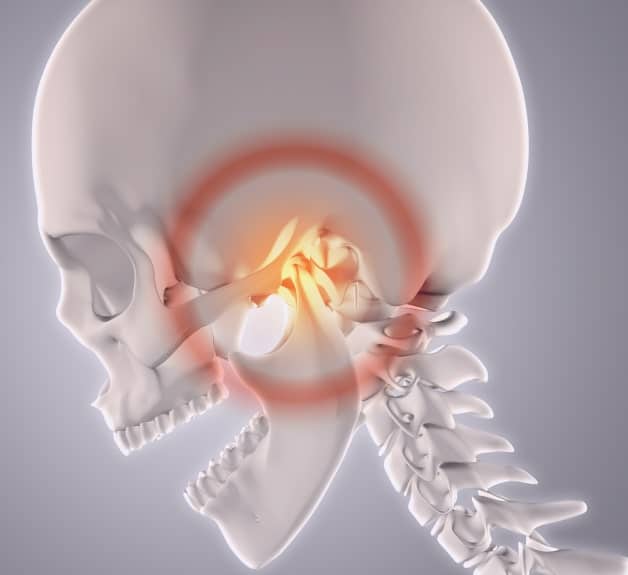
Relieve Jaw Pain and Restore Comfort at Affinity Dental
Our experienced team specializes in providing comprehensive care for TMJ disorders, addressing the underlying causes and alleviating discomfort.
Trust Affinity Dental for top-quality TMJ treatment in Chicago, IL, and experience the relief and comfort you deserve. Schedule an appointment with our TMJ specialists today and regain control over your jaw health.
UPLOAD YOUR SMILE
TMJ Treatment Overview
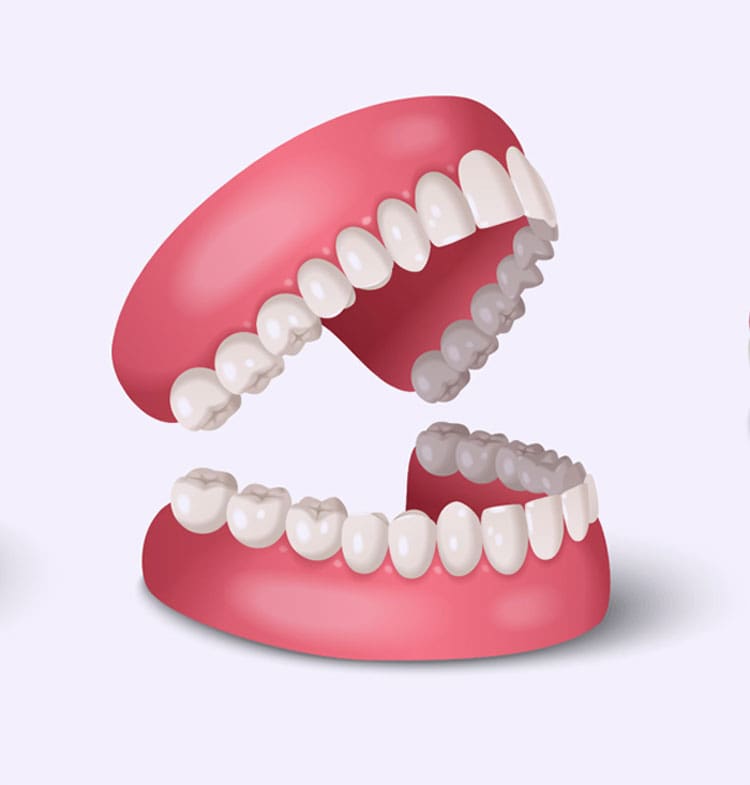
TMJ (temporomandibular joint) disorders can cause pain and dysfunction in the jaw joint and surrounding muscles. TMJ treatment aims to relieve symptoms and restore proper jaw function.
It involves various approaches tailored to the specific needs of each patient, including:

Non-Surgical Therapies
Non-surgical treatments for TMJ disorders may include lifestyle modifications, physical therapy, stress management techniques, oral appliances, and medication to alleviate pain and inflammation.

Bite Splints and Oral Appliances
Customized bite splints or oral appliances can help align the jaw properly and reduce stress on the TMJ. These devices are designed to be worn during sleep or as your TMJ specialist recommends.

Dental Restorations
In some cases, dental restorations, such as dental crowns or bridges, may be recommended to correct any bite-alignment issues contributing to TMJ disorders.
TMJ Signs and Symptoms
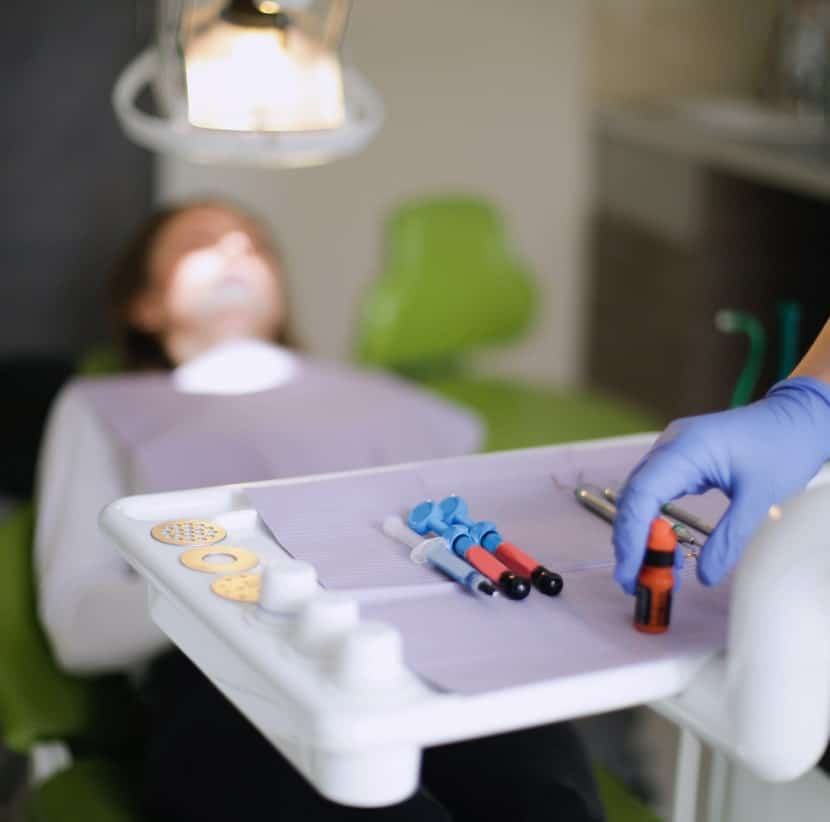
Recognizing the signs and symptoms of TMJ disorders can help you seek timely treatment. Common signs and symptoms include:

Jaw pain or tenderness

Clicking, popping, or grating sounds when opening or closing the mouth

Limited jaw movement or locking of the jaw

Facial pain or headaches

Earache or ringing in the ears (tinnitus)

Neck and shoulder pain

Difficulty chewing or discomfort while biting

Our TMJ Treatment in Chicago
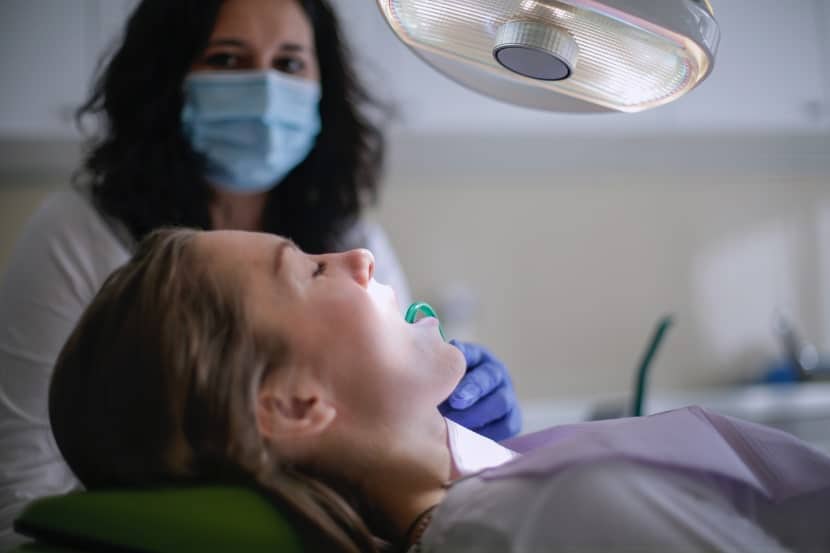
Affinity Dental provides specialized TMJ treatment in Chicago, IL, to address the unique needs of patients suffering from TMJ disorders.
Our experienced TMJ specialists conduct a thorough evaluation to determine the underlying causes and develop personalized treatment plans.
We utilize advanced techniques and state-of-the-art technology to ensure effective results and long-term relief.
What Results Can I Expect After Undergoing TMJ Treatment?
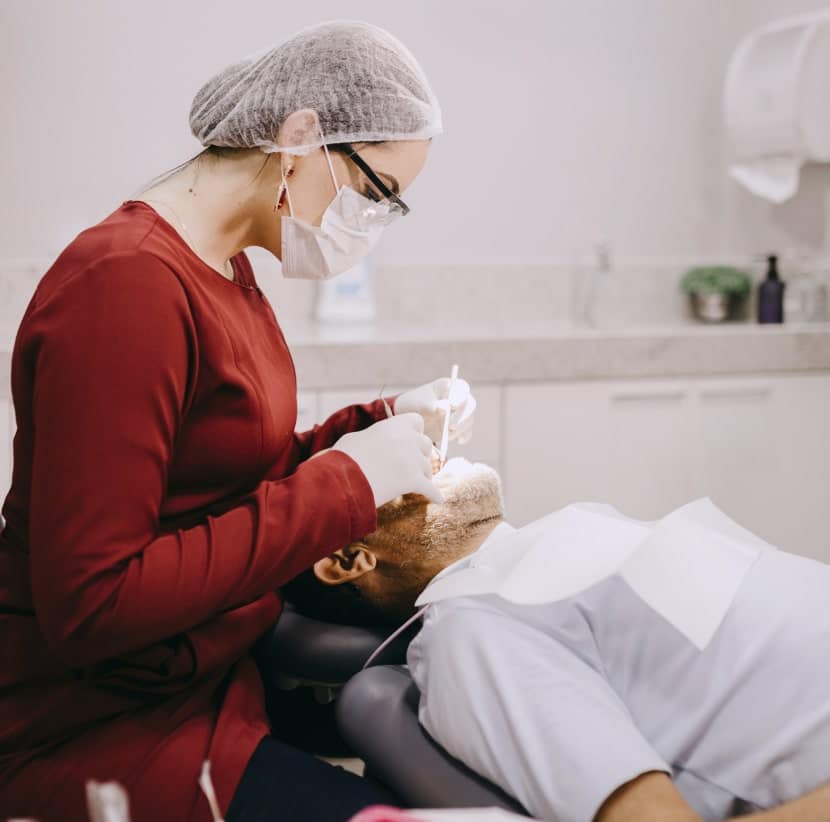
The specific outcomes of TMJ treatment can vary depending on the individual and the severity of the condition. However, the goals of treatment generally include the following:

Reduction of Pain and Discomfort
TMJ treatment aims to alleviate jaw pain, facial pain, headaches, and other associated discomfort, improving the overall quality of life.

Restoration of Jaw Function
Treatment helps restore proper jaw function, allowing for smoother and more comfortable jaw movements, including chewing, speaking, and opening the mouth.

Improved Oral Health
Addressing TMJ disorders can improve oral health by reducing the risk of dental problems caused by misalignment, teeth grinding (bruxism), or jaw clenching.

Common Causes of TMJ Disorders
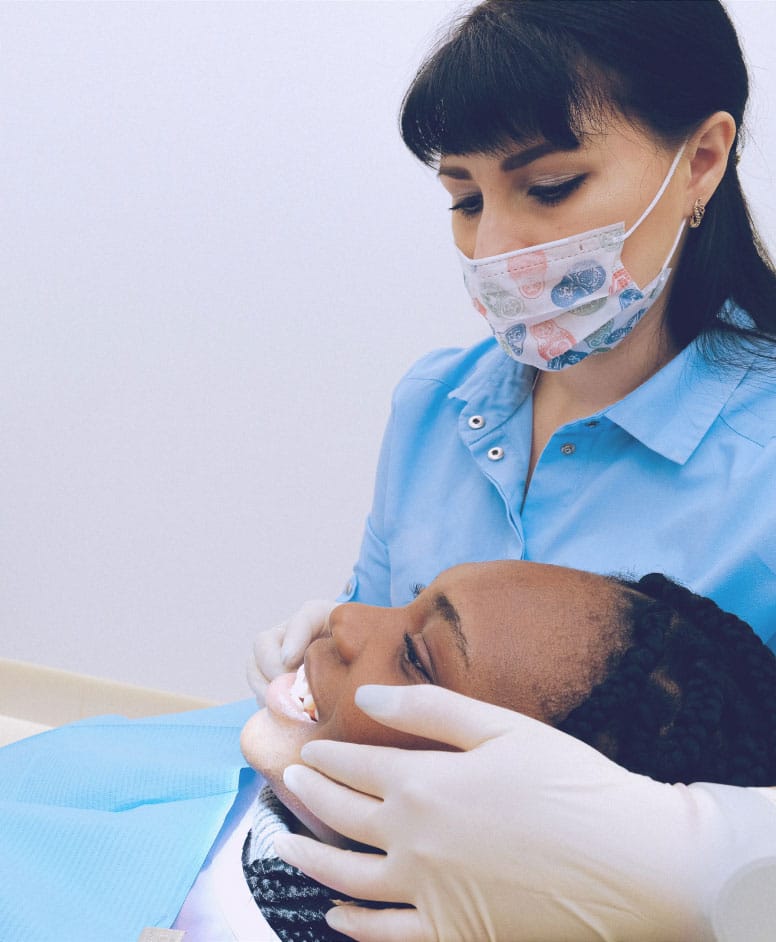
Understanding the common causes of TMJ disorders can help shed light on the factors contributing to jaw joint dysfunction. While the exact cause can vary from person to person, several factors are commonly associated with TMJ disorders.
Some common causes include:

Jaw Injuries
Trauma or injury to the jaw joint, such as a blow to the face or whiplash, can lead to TMJ disorders.

Teeth Grinding and Clenching
Habitual teeth grinding (bruxism) or clenching of the jaw can put excessive pressure on the TMJ, leading to its dysfunction.

Arthritis
Various forms of arthritis, such as osteoarthritis and rheumatoid arthritis, can affect the TMJ and contribute to TMJ disorders.

Malocclusion
An abnormal bite alignment or malocclusion can strain the TMJ and surrounding structures, leading to TMJ disorders.

Stress and Tension
Increased stress levels and tension can cause muscle tension and jaw clenching, contributing to TMJ dysfunction.
Diagnosing TMJ Disorders: Evaluation and Assessment
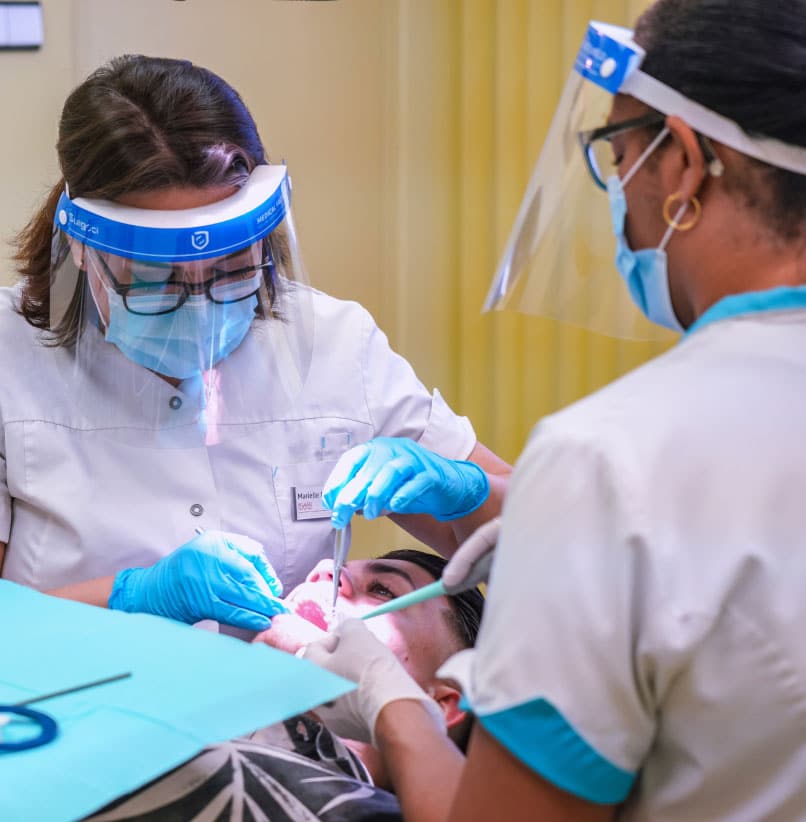
Accurately diagnosing TMJ disorders involves a comprehensive evaluation and assessment by a dental professional or TMJ specialist. The process typically includes the following steps:

Medical History
Your dentist will review your medical history and discuss your symptoms, including the duration, severity, and triggers of your TMJ-related issues.

Clinical Examination
A thorough examination of your jaw joint, muscles, and bite will be performed to assess signs of TMJ disorders, such as jaw clicking, limited range of motion, or muscle tenderness.

Imaging Tests
In some cases, imaging tests, such as X-rays, CT scans, or MRI scans, may be ordered to provide detailed images of the TMJ and surrounding structures.

Bite Analysis
An analysis of your bite may be conducted to assess any bite misalignment or malocclusion that could contribute to TMJ disorders.

Additional Consultations
Depending on the case's complexity, your dentist or TMJ specialist may consult with other healthcare professionals, such as orthodontists or physical therapists, to gather further insights and develop a comprehensive treatment plan.
Accurately diagnosing TMJ disorders involves a comprehensive evaluation and assessment by a dental professional or TMJ specialist. The process typically includes the following steps:
FAQ's
It is possible to manage TMJ disorders effectively with non-surgical treatments such as physical therapy, oral appliances, or medications. While permanent fixes are rare, proper treatment and management strategies can significantly reduce or eliminate symptoms.
Most people with TMJD do not need surgery. Non-invasive treatments like oral splints, physical therapy, and lifestyle modifications are usually successful in managing symptoms. Surgery is considered only as a last resort when these treatments fail to provide relief.
Medicare generally doesn’t cover TMJ treatment as it’s a dental issue. However, if essential for diagnosing or treating a covered medical condition, certain medically necessary services related to TMJ might be covered under Medicare Part B. Checking with Medicare or your healthcare provider is advised to understand coverage and potential costs.
Schedule an Appointment with a TMJ Specialist in Chicago
Don’t suffer in silence if you are experiencing TMJ symptoms or suspect a TMJ disorder. Schedule an appointment with our TMJ specialists at Affinity Dental in Chicago today.
Our compassionate team will provide a thorough evaluation, discuss your treatment options, and work with you to develop an individualized plan to relieve your TMJ-related concerns.
Trust Affinity Dental for top-quality TMJ treatment in Chicago, IL, and take the first step towards restoring comfort and achieving optimal jaw health.
